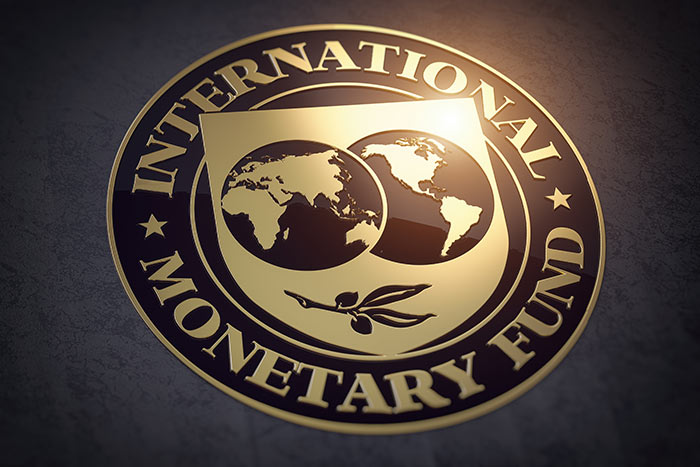IMF stresses urgent need for Sri Lanka to restore fiscal and debt sustainability

The International Monetary Fund (IMF) has underscored the critical need for Sri Lanka to restore fiscal and debt sustainability to overcome its ongoing economic crisis.
Addressing journalists, IMF Communications Director Julie Kozack highlighted the importance of an equitable tax system as a priority for the country, amidst public sector demands for higher pay and the government’s need to improve tax revenues.
Kozack emphasized that the government must have the resources to meet its financial obligations, which necessitates ensuring that taxes are paid by those who can most afford them.
“Efforts in this direction include improving tax administration and limiting the size of tax exemptions granted in the past,” she said.
Acknowledging the “difficult situation” faced by the Sri Lankan people, Kozack noted that the past few years have been very challenging and that the country continues to face complex policy trade-offs, particularly regarding debt and the fiscal position.
“Restoring fiscal and debt sustainability is essential not only for the Sri Lankan economy to emerge from its current crisis but also to prevent a recurrence of the severe economic conditions faced in 2022,” she asserted.
“These measures are also vital to lay the foundation for robust and sustainable growth and job creation.”
Kozack also stressed that the IMF’s program for Sri Lanka includes measures to protect the poor and vulnerable, with a strong focus on anti-corruption and good governance.
“This is to mitigate the impact of the reforms on vulnerable segments of society and ensure that the hard-won gains from the reform efforts ultimately benefit all the people of Sri Lanka,” she concluded.

Latest Headlines in Sri Lanka
- Deshabandu Tennakoon granted bail April 10, 2025
- Sri Lanka Police launches pilot project to pay traffic fines online April 10, 2025
- Sri Lanka reintroduces cow and goat insurance April 10, 2025
- Sri Lanka tests card payment system on expressways April 10, 2025
- Sri Lanka plans new animal census for better wildlife management April 10, 2025


